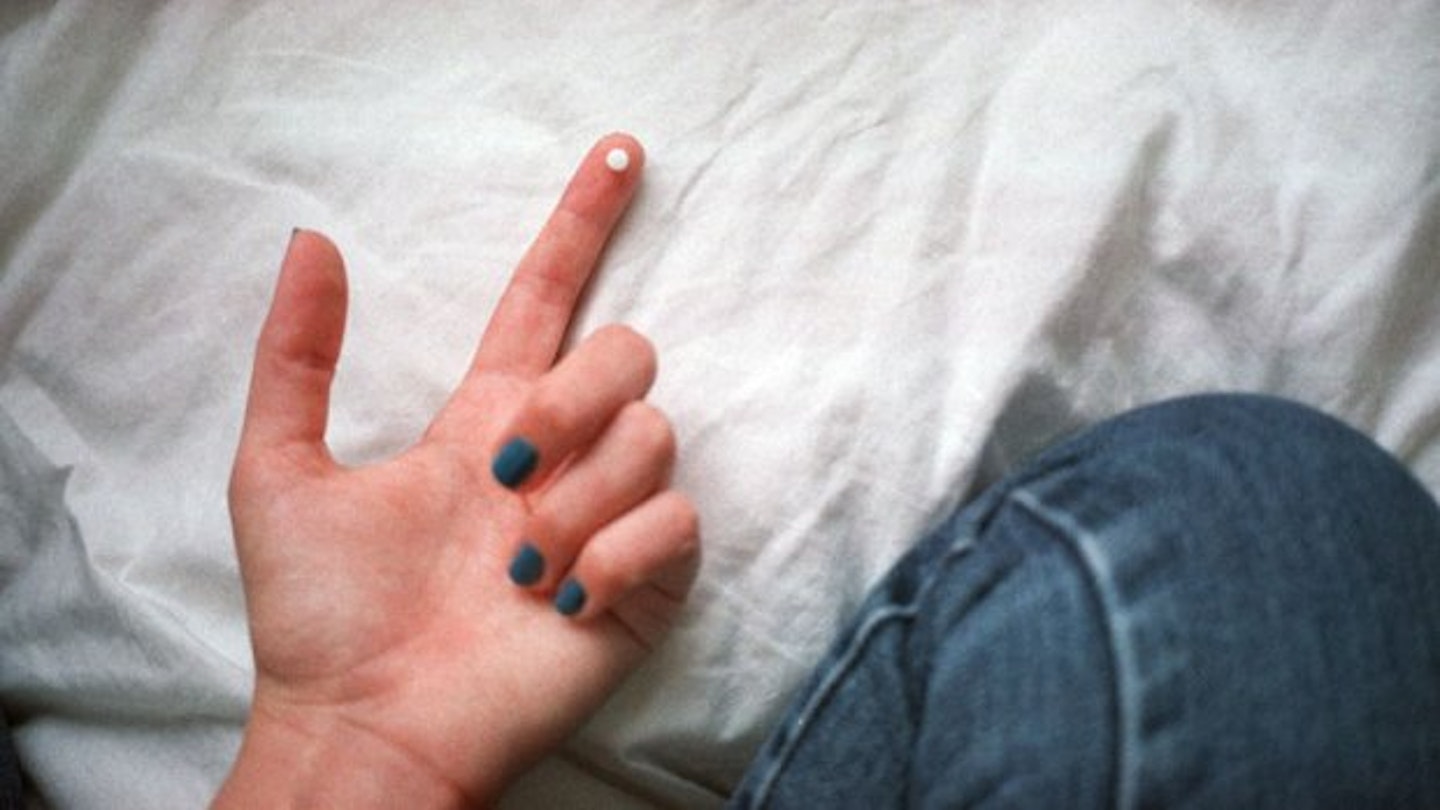A decision between being pregnant or facing a life in jail isn’t something that any woman should have to face. But it seems that more and more British women are unknowingly risking jail time to have abortions on their own terms.
You may already be aware that abortion treatment is available for free on the NHS for the majority of the UK (it’s still mostly illegal in Northern Ireland, though), but there’s been a huge increase in the number of women opting to buy pills over the internet in order to end their pregnancies.
According to data from the Medicines and Healthcare products Regulatory Agency (MHRA), 375 doses of abortion pills were seized in England, Wales and Scotland in 2016, which is a huge jump from the five seize back in 2013. 270 pills were intercepted in the post as part of MHRA’s annual raid in 2015, and a total of 180 in 2014 - a consistent growth which, according to the British Pregnancy Advisory Service (Bpas) is down to an increased awareness of the online abortion pills.
The thing is though, it’s actually illegal to intentionally end your pregnancy without the medical approval of two doctors, and in purchasing these pills women risk facing spending the rest of their lives in prison, which is the harshest punishment in any country in Europe, except for Ireland. This law comes from the 1861 Offences Against the Person Act (yep, that’s a piece of legislation that’s more than 150 years old we’re talking about).
So, why is this happening? Well Bpas, a charity that provides abortions alongside other reproductive health care at clinics across the UK, is concerned that the majority of women aren’t aware of the risks involved in ordering these pills. Chief executive Ann Furedi said: ‘These are women in desperate and difficult circumstances. They are not criminals deserving of life imprisonment’.
Here in the UK the process of a medical abortion, if started early enough, generally involves making multiple visits to a clinic for assessments and to take a series of prescribed tablets. One woman who reached out to Women on Web, a not-for-profit online provider that sends abortion pills to countries where abortion is illegal (and under certain circumstances will ship them to women in the UK too), explained that she wanted to order the illegal tablets because she’s unable to get to her clinic due to having a disabled daughter. She said: ‘I’m a complete mess, clinics said I have to leave my daughter at home but I have no one else at all to have her […] Please I’m really desperate for help.’
Another woman also explained why she turned to the site: ‘I'm a young student and I want to have an abortion because I do not have the financial resources to bring up a child and I'm already drowning in student loans also I don't feel ready for responsibility of raising it and I want to finish my studies.’
She added: ‘I live in United Kingdom, I know abortion is legal there, but being a foreign student I can not afford this country prices of procedure and the place in line for supported abortions is just to long and not guaranteed’.
One other woman who contacted the service said: ‘I live in [a rural area in England] and have no friends and the relatives I have I am not close to. I was hoping to have a termination in the comfort of my own home without judgemental eyes without worrying about my husband knowing.’
Astonishingly, the first piece of pro-choice legislation to be debated in the House of Commons in 50 years is going to be read on 13 March 2017. Of course that it's brilliant to hear that it's happening but I can't be the only one who can't get their head around the fact that it hasn't been brought to the table since 1967. It's a bill proposed by Labour MP Diana Johnson that would actually decriminalise abortion if it became law.
Sophie Walker, leader of the Women's Equality party said: ‘Women’s equality and wider choices depend on having control of our own bodies. In 2017, it should not be the case that women still have to fight for their reproductive rights and access to sexual health care’.
It's a topic of conversation that has quite rightly dominated the last few months. Between Poland's #CoatHangerRebellion, the global pro-choice protest marches, concerns around ‘the global gag rule’ and well, Donald Trump’s existence, it devastatingly clear that issues around women's rights, and access to abortion specifically, is very much on the radars of the political powers that be. Abortions shouldn't be criminalised in any capacity. And while the larger issue of access, support and resources for women in the UK and across the world very much needs addressing, for now we can hope that the bill on 13 March is one of the many outdated steps in the right direction that we need to take.
Like this? You might also be interested in…
11 Amazing People From The Pro-Choice Protest Marches Against Ireland’s Oppressive Abortion Law
How Donald Trump Is Already Damaging Women’s Rights Around The World
Follow Jazmin on Twitter @JazKopotsha
This article originally appeared on The Debrief.
